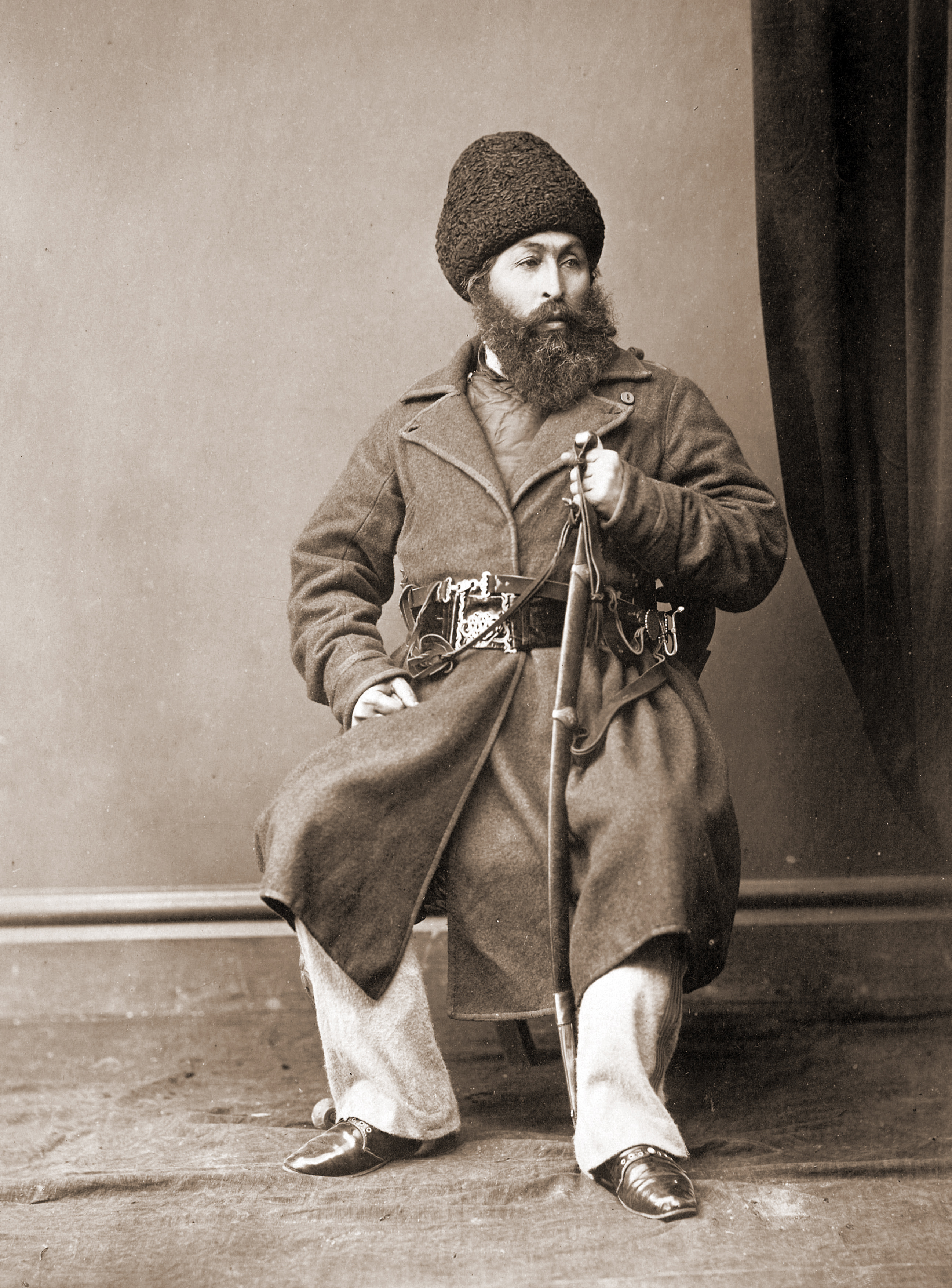Please login in order to download photos in full size
If you are not registered, please register for free: www.Free-Photos.biz/register
Please note to download premium images you also need to join as a free member..
You can also save the photos without the registration - but only in small and average sizes, and some of them will have the site's watermark. Please simply click your right mouse button and save the image.
Please login in order to like photos
If you are not registered, please register for free:
Sorry, non-members can download up to 1100 full-size photos per month.
It looks like you have used up your limit.
Free members can download an unlimited number of full-size photos - including the premium free photos.
Join as a member today for FREE! - and download the images without limitations:
www.Free-Photos.biz/membership.php
You can also save the images without the membership - but only in small and average sizes, and some of them may have the site's watermark. Please simply click your right mouse button and save the image.

|
This is a premium free photo
This photo was viewed 1 times and was downloaded in full size 0 times.
This photo was liked 0 times
Source page: |
http://commons.wikimedia.org/wiki/File:Sher_Ali_Khan_of_Afghanistan_in_1869.jpg |
|---|
| Description |
H.H. Amir Shere Ali Khan. Photograph of Sher Ali (1825-1879) Amir of Afghanistan, 1863–79, the son of Dost Muhammad, taken in 1869 by John Burke, from the album 'The Afghan War, Attock to Jellalabad, Gandamak and Surkhab.' John Burke accompanied the Peshawar Valley Field Force, one of three British Anglo-Indian army columns deployed in the Second Afghan War (1878-80), despite being rejected for the role of official photographer. He financed his trip by advance sales of his photographs 'illustrating the advance from Attock to Jellalabad'. Coming to India as apothecary with the Royal Engineers, Burke turned professional photographer, assisting William Baker. Travelling widely in India, they were the main rivals to the better-known Bourne and Shepherd. Burke's two-year Afghan expedition produced an important visual document of the region where strategies of the Great Game were played out. The Anglo-Russian rivalry (called the Great Game) precipitated the Second Anglo-Afghan War. Afghanistan was of strategic importance to the British in the defence of their Indian Empire, and the prevention of the spreading influence of Russia. They favoured a Forward Policy of extending India's frontiers to the Hindu Kush and gaining control over Afghanistan. In 1878 Sher Ali, who for the majority of his reign kept good terms with the British, was devastated by the death of his favourite son and his court was in disarray. The British were trying to establish a permanent mission at Kabul which Sher Ali, trying to keep a balance between the Russians and British, would not permit. The arrival of a Russian diplomatic mission in Kabul increased British suspicions of Russian influence and ultimately led to the Second Afghan War. The British undertook a three-pronged drive into Afghanistan, held the Khyber Pass and defeated the Amir's forces. Appointing his son Yakub Khan as regent, Sher Ali fled from his capital to take refuge in Russian Turkestan but died at Mazhar-e-Sharif on 21 February 1879. Yakub had to agree to the Treaty of Gandamak, whereby Afghanistan ceded to the British control of its foreign affairs, and the Khyber and Michni Passes, and allowed British representatives in Kabul and other locations. This photograph of the Amir actually dates from 1869 from the Ambala Durbar when he first entered into negotiations with the British. Burke reused it as part of the introduction to his Afghan War catalogue. |
||||||||
| Date | |||||||||
| Source | The British Library - Online Gallery | ||||||||
| Author | John Burke (1843-1900) | ||||||||
| Permission (Reusing this file) |
|
||||||||
| EXIF data: | |
| File name | sher_ali_khan_of_afghanistan_in_1869.jpg |
|---|---|
| Size, Mbytes | 3.3440419921875 |
| Mime type | image/jpeg |
| Orientation of image | 1 |
| Image resolution in width direction | 72 |
| Image resolution in height direction | 72 |
| Unit of X and Y resolution | 2 |
| Color space information | 1 |
| Exif image width | 2595 |
| Exif image length | 3510 |
| Software used | Adobe Photoshop CS5 Windows |
While the copyright and licensing information supplied for each photo is believed to be accurate, Free-Photos.biz does not provide any warranty regarding the copyright status or correctness of licensing terms. If you decide to reuse the images from Free-Photos.biz, you should verify the copyright status of each image just as you would when obtaining images from other sources.
The use of depictions of living or deceased persons may be restricted in some jurisdictions by laws regarding personality rights. Such images are exhibited at Free-Photos.biz as works of art that serve higher artistic interests.
PRIVACY POLICY
By registering your account and/or by subscribing to new and newly rated photographs you agree we may send you the links to photos and we may occasionally share other information with you.
We do NOT disclose your personal data.



